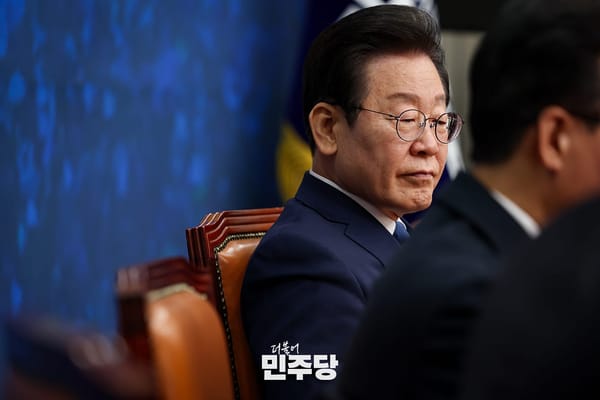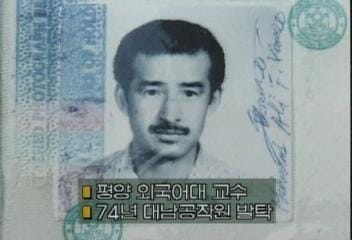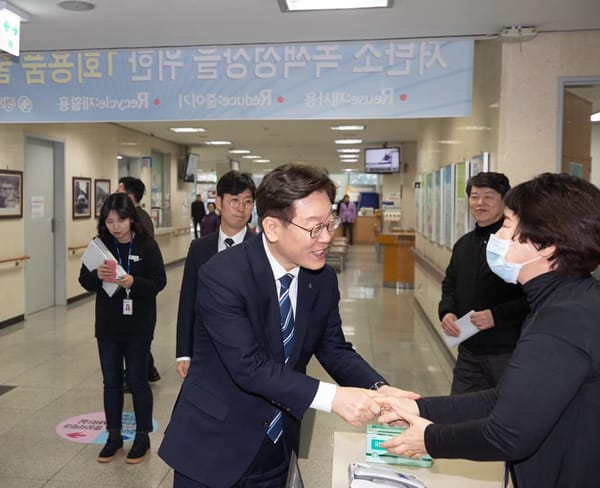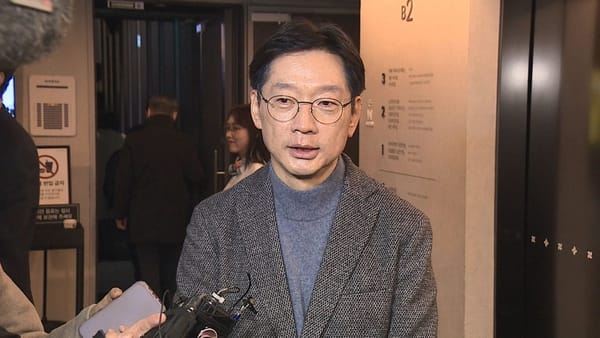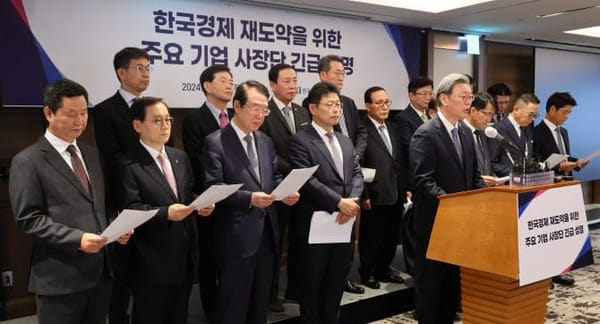Photo: Choi Jong-geon. Credit: JoongAng Ilbo.
For readers interested in South Korea’s foreign policy, Choi Jong-geon 최종건 is a name to remember. The Yonsei University 연세대학교 professor was the First Vice Minister of Foreign Affairs 외교부 제1차관 under former president Moon Jae-in 문재인, and is known as the brains behind much of the liberal administration’s foreign policy. With his age (46 at his appointment in 2020, making him the youngest ever Foreign Affairs Vice Minister) and international education in Australia and the United States (where he earned a doctorate from the Ohio State University,) Choi is likely to be a driving force of South Korean policy should the liberals recapture the presidency.
His new book, The Power of Peace 평화의 힘, is both an insider account of Moon-era diplomacy and a manifesto of Choi’s guiding principles in foreign policy. Choi offers little in the way of new facts, as his account largely matches what has already been publicly reported; rather, Choi uses the book to re-state the significance of the Moon administration’s foreign policy achievements. In a pointed rejoinder to critics of Moon’s North Korea policy, Choi writes: “I don’t understand how they can deny the past five years’ peace. Not a single soldier of the Republic of Korea lost his life to inter-Korean military conflict. Not a single penny was given to North Korea.”
Particularly notable is his detailed account of the September 19 Military Agreement 9.19 군사협정 - a tangible achievement of the Moon administration’s policy of engagement with North Korea that has been memory-holed despite being a major milestone, both symbolically and practically. The September 19 Agreement was the “first instance of inter-Korean arms reduction,” and a “de facto non-aggression pact,” according to Choi. The agreement, which established an expanded buffer zone along the Armistice Line 휴전선, dramatically reduced the number of localized provocations by North Korea. There were 228 such provocations during the Lee Myung-bak 이명박 administration, and 108 under Park Geun-hye 박근혜. During the Moon administration, there were only five.



